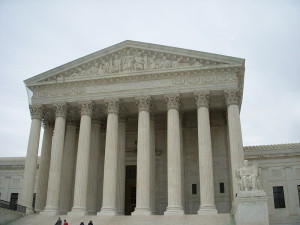When your employer denies you a leave to care for a loved one, it can feel like you are being forced to choose between your job and your family. Fortunately, New Jersey law provides strong protections for employees under the New Jersey Family Leave Act (NJFLA). However, as a recent appellate decision illustrates, not all employers take these rights seriously. In the case, Hyra v. Chipotle Services, a federal court in New Jersey weighs in on a case in which the employer was alleged to have terminated a pregnant employee for exercising her rights under the NJFLA.
 The Facts of the Case
The Facts of the Case
Angela Hyra began working for Chipotle in 2017. Chipotle promoted her multiple times, eventually making her a general manager. She had no history of disciplinary action during her nearly seven-year tenure at the company.
In June 2023, Ms. Hyra informed her direct supervisor, Kushal Sridhar, that she was pregnant. Soon after, Mr. Sridhar removed Ms. Hyra from the process of becoming a certified training manager. Mr. Sridhar also removed another pregnant employee from her role as apprentice general manager, stating that it “did not make sense” to keep her in the position since she soon would be going on maternity leave. Chipotle later gave that job to a male employee. Continue reading
 New Jersey Employment Lawyer Blog
New Jersey Employment Lawyer Blog









